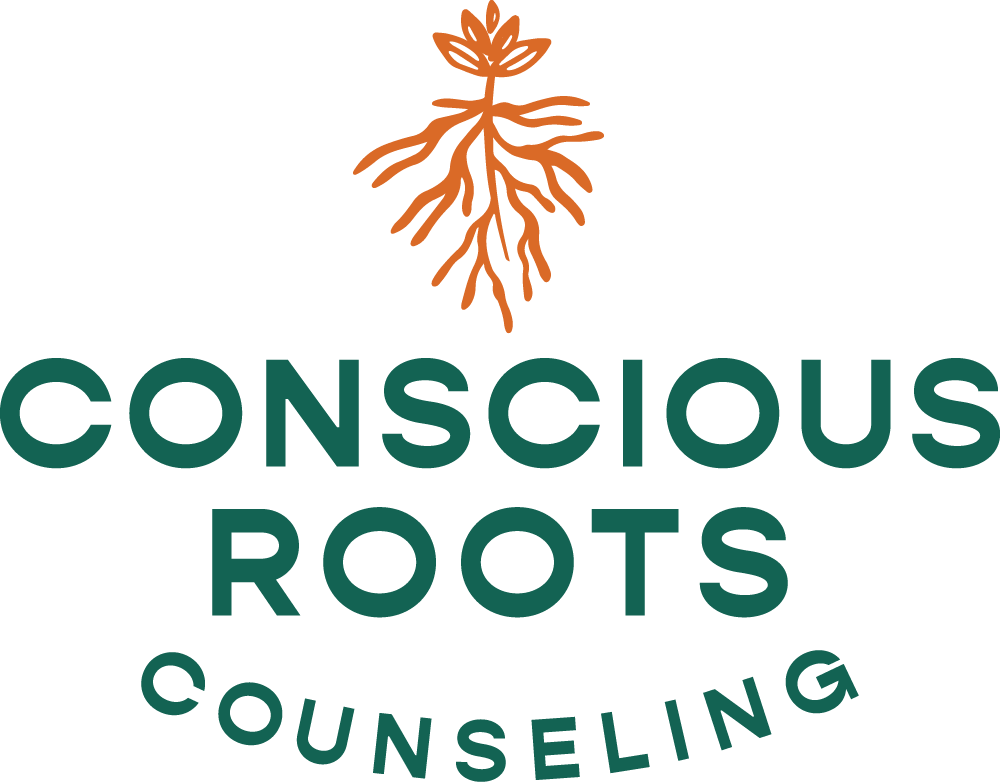Types of Trauma - “Big T” and “little t”
Everyone has some level of trauma. Yes - Even you.
What most people think of as “trauma” is categorized as “Big T” trauma: War combat, physical abuse, sexual abuse, mass shootings, deadly weather (tornadoes, earthquakes, etc.). Any event or experience that had a person feel like they were at risk of dying.
Thankfully, most people do not experience Big T trauma.
Most of us experience “little t” trauma. Little t traumas may not be a matter of life or death, but our brains and bodies are still put in a similar “survival” mode. Little t traumas include:
Bullying
Bad breakup
Victim of non-deadly crime (house break in, purse stolen, etc.)
Minor car accident
Poor parenting (verbal abuse, neglect, too much pressure)
Constant stress in a certain relationship
Divorce (your own, or your parent’s)
Financial stress
Moving, especially without support or sudden
Death of a loved one
Hearing constant negative remarks about oneself - especially about body image
Family member or friend being victim of abuse
This is just a small list. Think about your own life.
What experiences or events occurred in your own life that influence your thoughts and emotions today?
Maybe you were bullied for being the biggest student in class. What is your body image like today?
Did you have a significant breakup with a partner? What do you think about yourself in terms of “lovability?”
Sometimes even our parents who are doing their best, unknowingly do us harm. It is common for parents’ “encouragement” for good grades and performance in sports to cross the line into the thought, “My parents only love me if I excel at everything.”
Depression and anxiety symptoms can usually be traced back to little t trauma experiences. Because these experiences affect what we think about ourselves and our world. Using the example of a bad breakup with a partner, someone might have thought patterns around “I am unlovable” or “I am worthless.” These types of thoughts, if persistent, can lead to symptoms of depression. Conversely, thoughts such as “What if I never have a partner” or “I just need to change x,y,z about myself to be loved” can lead to symptoms of anxiety.
Regardless of your experiences, mental health counseling can help. A licensed counselor can help you identify Big T and little t traumas in your life. Then they can help you resolve any lasting impact of those traumas through traditional talk therapy, or a more specialized therapy such as Eye Movement Desensitization and Reprocessing (EMDR).
